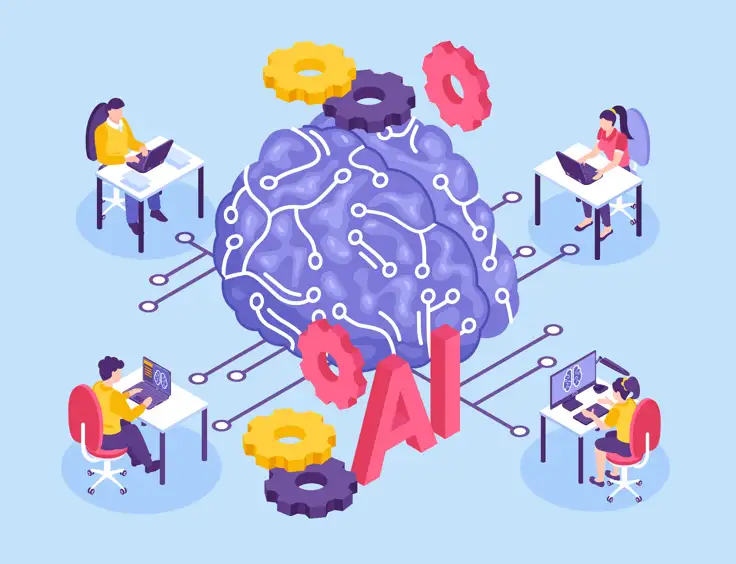Technology is changing the workplace, but we don’t always see it in a positive light. It’s common to hear about how technology and automation take away jobs from humans—for example, how self-driving cars will replace taxi drivers or truckers. However, there are also many ways that tech improves our lives by providing new tools that make us more efficient, safer at our jobs, and generally happier. These include:
1. Remote Work
Remote work has been gaining momentum for years and shows no signs of slowing down. Remote work allows employees to work from home or on the road, so they’re not tied to an office all day. This can be done by employees who work for a single employer or by independent contractors who work for multiple employers. In either case, it’s beneficial because it gives workers more flexibility in their schedules–for example, they might be able to do their jobs while caring for children or elderly parents at home instead of commuting daily across town.
2. Virtual Reality (VR)
Virtual reality (VR) is a new way to work. VR can be used to create a virtual office space where people worldwide can meet, collaborate, and share ideas. It’s also useful for training, allowing employees to practice skills before attempting them in real life. Virtual reality technology could be used by companies looking to hire remote workers or telecommuters who want face-to-face interaction with coworkers without having their office space at home.
3. Augmented Reality (AR)
Augmented reality (AR) wearables can provide workers with data, information, and directions as needed. In addition to seeing a map of their immediate surroundings, workers can use AR wearables to gather information about their surroundings. For example:
●A construction worker wearing an AR headset could look at the building they are working on and see how many square feet are left before they finish the job.
●An electrician could look at a circuit breaker panel and get specific instructions on fixing it without asking anyone else for help.
4. Internet of Things (IoT)
The Internet of Things (IoT) refers to a network of internet-connected devices that collect and share data. This can be anything from sensors that track employee productivity to cameras that monitor surroundings for security purposes. IoT devices are becoming increasingly common in the workplace. Still, their benefits aren’t always clear: some studies show they help companies save money by improving efficiency, while others say they’ve done little more than increase costs.
Either way, employees–and employers–need to understand how this technology works so they can make informed decisions about its use within the office environment.
5. Voice Assistants and AI-Assisted Search Tools
Voice assistants are becoming increasingly common and are a great tool for finding information quickly. For example, if you want to know the weather in Paris tomorrow, you only need to ask Google Assistant or Siri. These voice assistants will help make your life easier by giving you quick access to information that would otherwise take time and effort on your part. But what about search engines? You still need them! That’s where AI-assisted search tools come into play–they give users immediate results without having to type anything into a search box themselves (though some may still prefer typing).
Conclusion
We can’t predict the future, but technology will continue to change how we work. Some jobs will disappear while others are created in their place. As these changes happen, workers must be prepared with the skills they need to adapt and thrive in this new world–and employers should also consider what kind of training (including certification!) might help them stay competitive in their industries.

